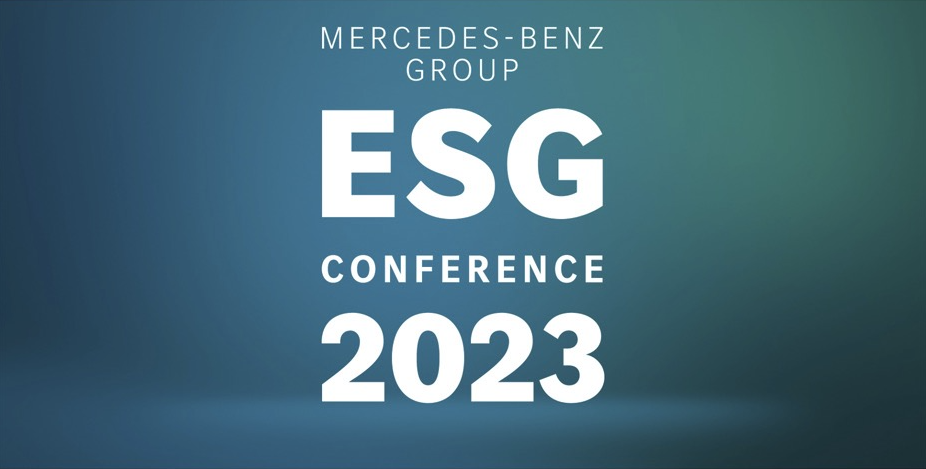Today Mercedes released new sustainability goals in which they announced new targets on emission reduction, human rights, governance, and green financing. Included in their new targets statement, Mercedes promoted their ranking in the Lead the Charge leaderboard where they received the leading score of all automakers, affirming that the leaderboard is quickly becoming industry standard for leading automakers.
Mercedes has embraced the Electric Vehicle (EV) transition and taken multiple positive steps to improve their supply chain: they are driving demand for production of fossil free steel, increasing the recycling and reducing the mineral content of their batteries, and have implemented strong policies for effective human rights due diligence. In their new sustainability goals, they have also announced a goal of achieving a green steel supply chain by 2039. Steel makes up 8% of all global greenhouse gas emissions and it’s imperative that the auto industry moves as quickly as possible to clean up their steel supply chains.
“We welcome Mercedes’ new sustainability targets and their decision to include the Lead the Charge supply chain leaderboard ranking as proof that they’re on the right track. In particular, it is encouraging to see Mercedes state that they are pursuing the goal of transforming the steel industry – highlighting the vital role that automakers can play in decarbonizing this critically important heavy industry” said Cecillia Mattea, Batteries and Supply Chain policy manager at Transport & Environment, and member of the Lead the Charge coalition. “However, there’s still a lot of work to do. Mercedes scored just 37% overall in the Leaderboard. If Mercedes wants to remain in the lead, there are some clear priorities for improving their performance, including setting concrete targets for reducing the emissions of their aluminium supply chain and implementing strong policies to ensure respect for the rights of Indigenous Peoples across their supply chain.“
The leaderboard found that, while the automotive industry still has a long way to go, action to ensure clean and equitable supply chains is not only possible, but is already underway.
This Lead the Charge leaderboard is part of a new global campaign called “Lead The Charge”, which seeks to raise awareness of the human rights, climate, and environmental impacts that occur throughout auto supply chains, focusing in particular on steel, aluminum and batteries, and to encourage automakers, as they make the transition to EVs, to also radically transform their supply chains to be equitable, sustainable and 100% fossil free.
